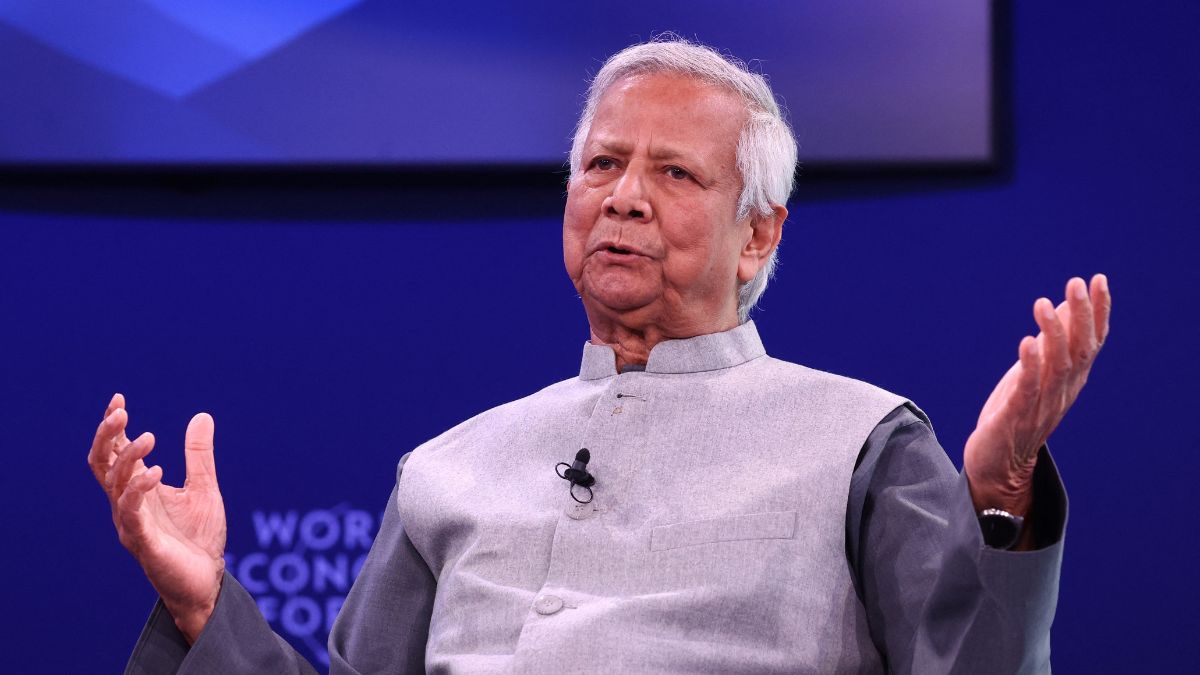Bangladesh Chief Adviser Professor Muhammad Yunus is set to leave for London on Monday evening on a four-day official visit to the United Kingdom, his 11th foreign trip in just 10 months since assuming charge as the head of Bangladesh’s interim administration.
Yunus, who took office following the dramatic ouster of Prime Minister Sheikh Hasina in a student-led uprising last August, is scheduled to meet UK Prime Minister Sir Keir Starmer and will be granted an audience with King Charles III.
He has also scheduled meetings with UK Foreign Secretary David Lammy, senior British ministers, political leaders and key business and others between June 10 and 13.
Yunus’s trip, officially aimed at enhancing bilateral relations, comes at a sensitive political moment back home. The announcement of national elections in April 2026, made just ahead of his departure has stirred a fresh round of political debates.
Yunus declared that after one and a half decades, a “truly representative parliament” would be formed and urged voters to secure firm reform commitments from political parties. This statement follows a May 21 remark by Army Chief General Waker-Uz-Zaman, who had advocated for elections by December 2025.
But Yunus’s UK visit is already drawing backlash. The Bangladesh Awami League on Monday voiced “deep concern” over the scheduled meeting between Yunus and UK Prime Minister Starmer, cautioning that such an engagement risks conferring legitimacy on an “unelected and unconstitutional administration.”
Impact Shorts
More ShortsIn a formal statement posted on Facebook, the party added that its UK branch had written to Downing Street, the House of Commons Speaker, the King’s Foundation, and the Commonwealth Secretariat, urging British officials to refrain from “laundering Yunus’s administration” as Bangladesh’s political crisis deepens.
Further scrutiny may follow, as UK Member of Parliament and former minister Tulip Siddiq has requested a meeting with Yunus during his visit to raise concerns over alleged graft.
Despite his ‘interim’ status, Yunus’s frequent global outreach—including 11 foreign visits in under a year—has sparked questions within Bangladesh’s political circles about the direction and legitimacy of his transitional rule.
Meanwhile, former Prime Minister Sheikh Hasina remains in self-imposed exile in India, continuing to be a potent political symbol for her party, even as the transitional government attempts to chart a new course for Bangladesh.


)

)
)
)
)
)
)
)
)



